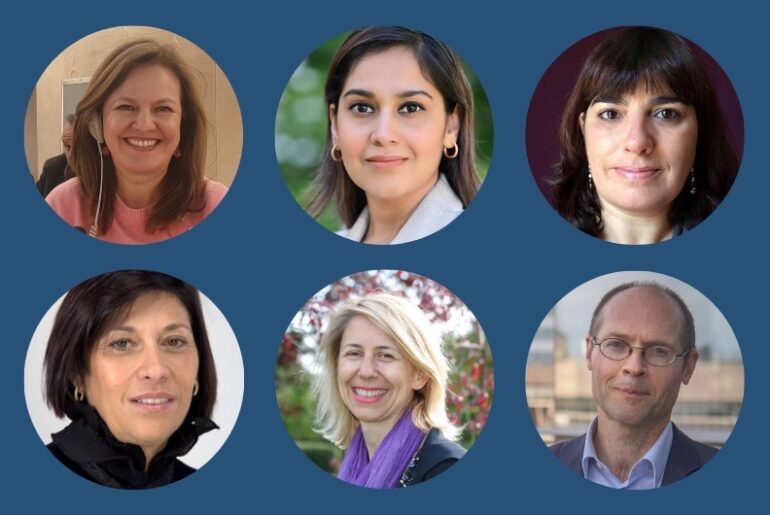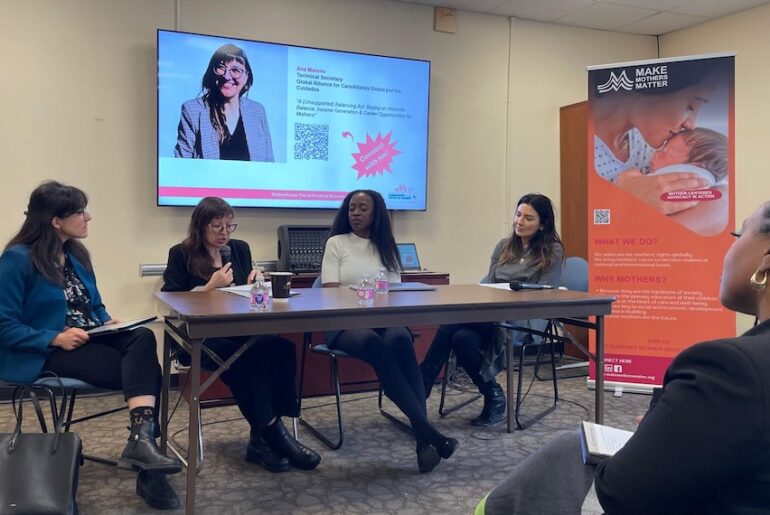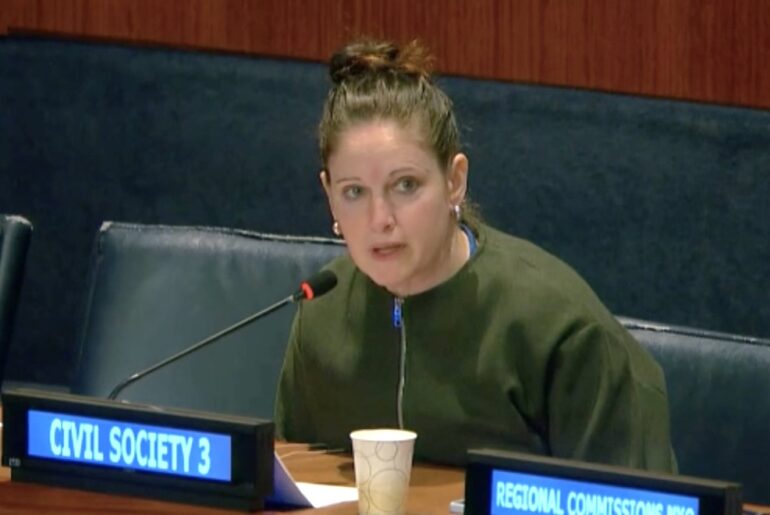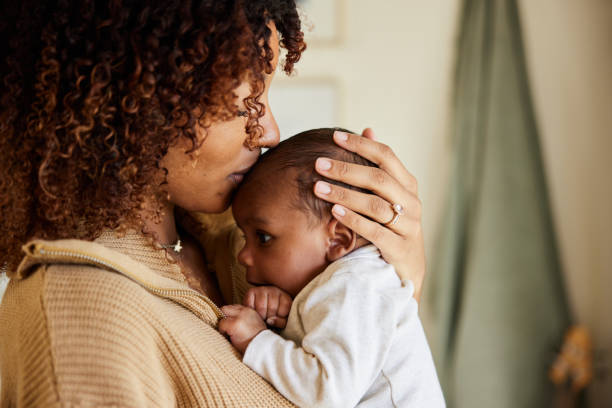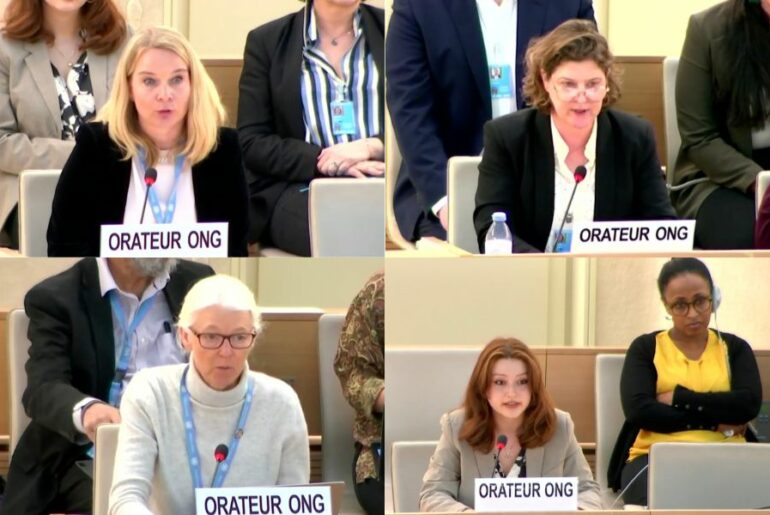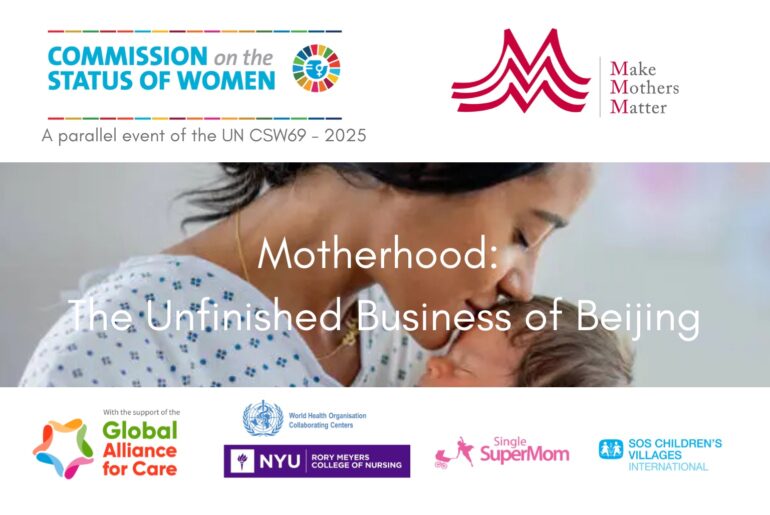Mothers in action against air pollution
05.03.19
UN Geneva, Human Rights Council - Addressing air pollution requires action at every level, including the household level where mothers can play a role.
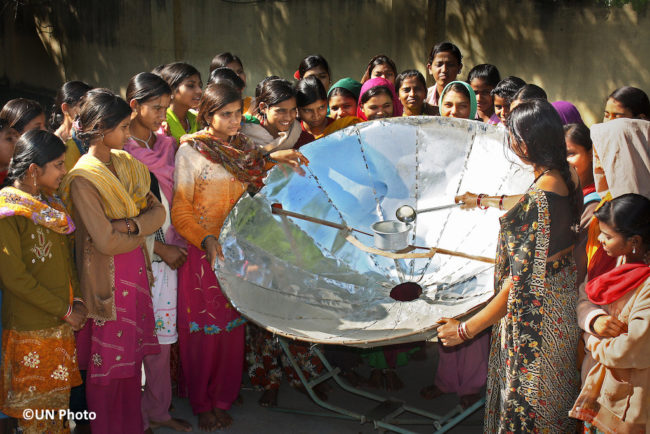
Air pollution contributes to 7 million premature deaths annually. It has a greater impact on certain vulnerable populations, especially children. In developing countries, women suffer the most from household air pollution because of their primary role in cooking. It is in particular responsible for negative birth outcomes.
At the household and local levels, women, especially mothers, must not be considered only as victims: they can also be vectors of transformation, provided they are recognized as such, educated and supported in their multiple roles.
In developing countries, mothers can drive communities to adopt clean cooking technologies introduced by State programs. Around the world, countries that are engaging women in local communities and local governance are seeing positive results for the development of the communities.
In developed countries, where air pollution is mainly ambient, one English mother might set a precedent that could inspire the world. Her nine-year-old daughter, Ila, died in 2013 from asthma attacks. The family lived near London’s South Circular road, filled with diesel fumes. When she found out that her daughter’s attacks were correlated to air pollution peaks, she engaged in a battle to put air pollution on her daughter’s death certificate. The attorney general has backed her application and the High Court is being petitioned to authorize it. Rosamund Adoo-Kissi-Debrah is now running for London Assembly. She is just one mother who could change the course of air pollution.
Therefore, MMM calls upon empowering women in the fight against air pollution instead of seeing them only as victims.
MMM Oral Statement on women in action for the realisation of the right to breathe clean air
The statement was delivered during the discussion on the report of the Special Rapporteur on Human Rights and the environment, which took place during the 40th session of the Human Rights Council on 4th March 2019. The report of the Special Rapporteur focussed on air pollution and its Human Rights impact.
Mothers, unpaid care work and global crises – connecting the dots
02.07.24
UN New York / HLPF - Register now to join us online at this year’s High Level Political Forum side-event.
Time Poverty and the Motherhood Penalty
Unveiling Economic and Social Injustices
09.07.24
Mothers play an essential role in families by ensuring their loved ones are nourished, educated, and healthy, but their unpaid care work often leads to economic and social injustices, known
Envisioning care as a common thread to global crises
29.07.24
UN New York - Our virtual HLPF side-event brought together experts to shed light on how the various global crises we face (in particular climate change and other environmental crises,
